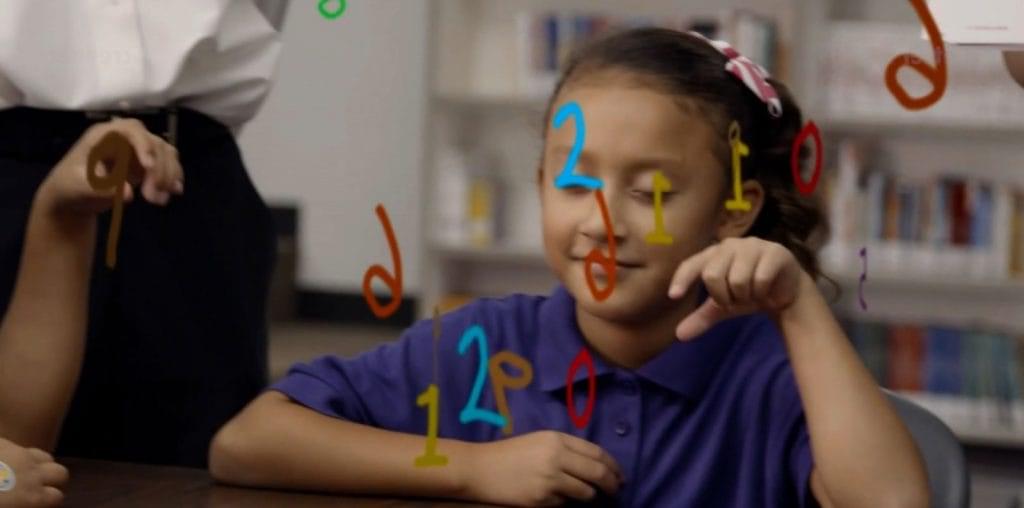
Irish filmmaker, Ian Palmer, spent fourteen years of his life documenting the embittered feud between a number of different groups of Irish travelers. Living on the outskirts of Irish and British society, these nomadic bands have a long history of confrontation with one another. United by their last names, Joyces, Nevins, McDonaghs, the street tough clans (who all seem to be related) settle their disagreements with bare knuckle fights. They cut promos to handheld camcorders filled with tremendous trash talk (i.e. “You balding bollocks!” and “You’re a bunch of shitehawks”), issuing challenges from their toughest fighters.
One of those fighters is James Quinn McDonagh (of the “Quinn McDonaghs”), a burly family man who never seeks out fights but stoically accepts them when challenged. These fights are usually held in car parks, lonely back roads, or on a section of land that the travelers have claimed for themselves. Some fists are taped, others are left bare. Neutral referees from other clans are brought in to make sure everyone fights fair: no holding, kicking, biting, headbutting, or using “bad language.” The fights go on until one man is either knocked out or says he’s had enough. One of McDonagh’s fights lasts for two and a half hours. At the end, money is usually exchanged (sometimes upwards of 60,000 pounds) and challenges are made for future bouts. McDonagh repeatedly tells Palmer that he’s done with fighting for good but just as the families’ bad blood extends past his history of fighting, his connection and participation in these fights is shared among all of the Quinn McDonaghs.
Mixing his own hand-held footage with recordings made by the feuding clan members, Palmer somehow whittles down a decade and a half worth of material into a tight ninety-two minute documentary. There are heroes and villains, conflicts and resolutions, and an overarching storyline reminiscent of the infamous Hatfield-McCoy feud from the late 1800s.
Knuckle successfully follows through with several of its storylines (most are resolved by the closing credits) but it’s clear that even the director’s admirable fourteen year dedication isn’t enough to see these feuds through to the end. There’s a permanence in their hostility that promises that. But the importance they place on holding clean fights with neutral officiating, as well as honoring all wagers won or lost, portrays a group less savage than the term “bare knuckle brawling” usually conjures up. Maybe if the Hatfields and McCoys had settled their differences by hosting fist fights, things wouldn’t have gone the way they did.
